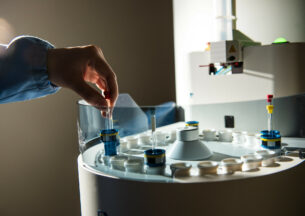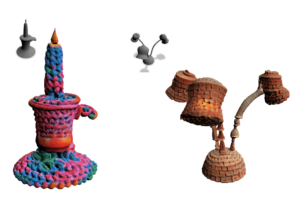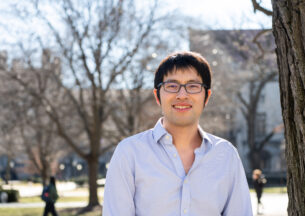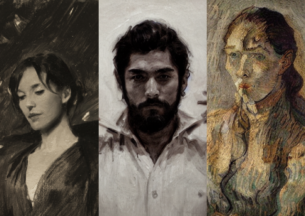How AI Could Change Science
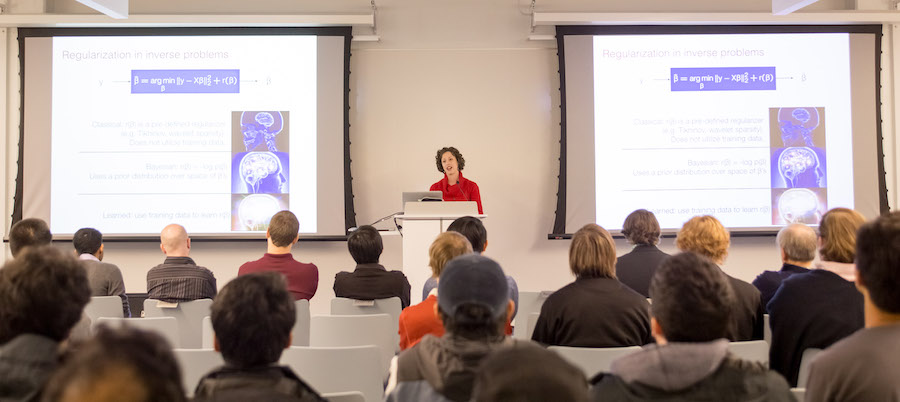
When most people encounter artificial intelligence today, it’s recommending a new song or movie. But that’s only the start to what’s possible.
AI technology is increasingly used to open up new horizons for scientists and researchers. At the University of Chicago, researchers are using it for everything from scanning the skies for supernovae to finding new drugs from millions of potential combinations and developing a deeper understanding of the complex phenomena underlying the Earth’s climate.
Today’s AI commonly works by starting from massive data sets, from which it figures out its own strategies to solve a problem or make a prediction—rather than rely on humans explicitly programming it how to reach a conclusion. The results are an array of innovative applications.
“Academia has a vital role to play in the development of AI and its applications. While the tech industry is often focused on short-term returns, realizing the full potential of AI to improve our world requires long-term vision,” said Rebecca Willett, professor of statistics and computer science at the University of Chicago and a leading expert on AI foundations and applications in science. “Basic research at universities and national laboratories can establish the fundamentals of artificial intelligence and machine learning approaches, explore how to apply these technologies to solve societal challenges, and use AI to boost scientific discovery across fields.”
Read the rest of the story at UChicago News.








